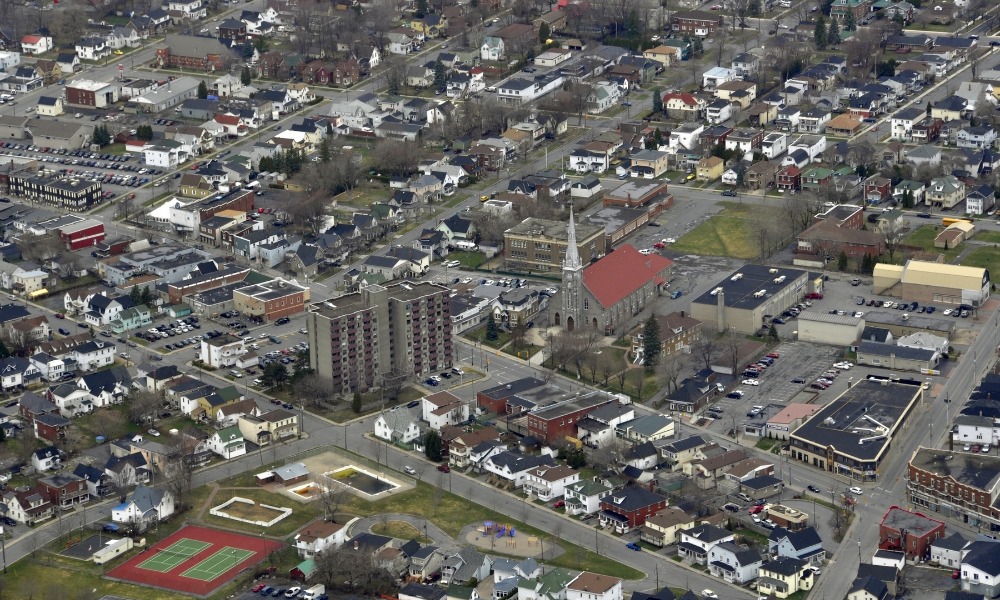
Internal documents within the Ontario government show a disturbing pattern

Conservative politicians have frequently criticized the Trudeau government, citing its sluggish response to filling judicial vacancies as a critical factor contributing to delays within the justice system. However, recent revelations from internal documents within the Ontario Ford government unveil a disturbing pattern of deliberate delays in filling a crucial judicial vacancy in Cornwall, Ontario, breathing life into rumours that the position has sat vacant for almost two years because Ontario’s Attorney General was unable to appoint his preferred candidate.
On November 19, 2021, Chief Justice Lise Maisonneuve of the Ontario Court of Justice notified Ontario Attorney General Doug Downey of an imminent judicial vacancy in Cornwall. The explicit purpose was to expedite recommendations from the Judicial Appointments Advisory Committee (JAAC) for a suitable replacement.
After Maisonneuve formally notified Downey of the Cornwall vacancy on December 24, 2021, the JAAC’s subsequent work in recommending candidates to fill the Cornwall vacancy was met with unexpected hurdles. Government emails reveal that on July 15, 2022, JAAC submitted its recommendations for the Cornwall appointment to James Nicol, director of public appointments and senior advisor.
What follows is a series of internal government documents disclosing numerous meetings within the program modernization and appointments branch over the next six months. The recurring theme was the committee’s consistent notation that it was “awaiting the AG decision” on the JAAC recommendations for the Cornwall appointment.
But there was not going to be an appointment. An email dated January 16, 2023, from Olga Garces, manager at program modernization and appointments to policy analyst David Soucie, provides insight into the prolonged delay.
Garces indicated, “Further to our discussions today on [a letter to the JAAC asking them to repost for the Cornwall vacancy], please see below excerpts from the [Court of Justice Act].” The email included excerpts from the act, highlighting the Attorney General’s authority to reject JAAC’s recommendations.
Ontario’s JAAC had traditionally been revered as the gold standard for non-partisan, merit-based judicial appointments. Comprising appointees from both the government and arm’s length organizations, JAAC’s mandate is to review applications, conduct inquiries, rank candidates, and present the attorney general with an impartial list of appointees.
But the Ford government wanted to fix what was never broken and took steps to overhaul how Ontario judges were appointed, including the ability to ignore JAAC recommendations.
The ability to completely reject JAAC recommendations was a new power that the Ford government included in the 2021 Accelerating Access to Justice Act, a bill the government said was a necessary response to the emergence of COVID-19 and desperately needed to “address delays for Ontarians waiting to resolve legal issues.”
Despite Conservative claims that the changes will “help fill judicial vacancies more quickly,” it is suspected in the legal profession that the changes had more to do with accelerating the appointment of Ford and Downey’s Conservative friends.
Downey’s office did not respond to a request for comment on this column, and his previous words call into question the bona fides of his self-reported benevolent motivations. Back in 2019, Downey told Steve Pakin on TVO’s The Agenda that he wanted to be able to pick judges who reflect the same values he had.
Exploiting the new legislation, on February 8, 2023, Downey formally rejected JAAC’s recommendations, instructing the reposting of the judicial vacancy and the submission of a new list of candidates, from among the remaining candidates who didn’t make the first short list. JAAC complied on May 24, 2023, posting a new call for applications.
So, almost two years after Maisonneuve’s first letter about the vacancy, Cornwall is still short a judge, leading to significant delays in criminal cases.
Reposting the vacancy sent shockwaves through the legal community, with rumours circulating that Downey rejected highly qualified candidates because his preferred candidate didn’t make the cut. I am personally aware of several candidates, and all of them would have made excellent judges.
The consequences of Downey’s delays are profound. Cornwall’s continued lack of a judge has delayed justice for its residents. Criminal cases linger unresolved, and the system meant to deliver justice is seemingly manipulated for political convenience.
The newly disclosed documents expose the harsh reality of a system that has been undermined, where political considerations trump the principles of justice and the consequences are felt in courtrooms across Ontario.
The very fabric of our justice system is at stake, and we must confront these revelations with the gravity they deserve.